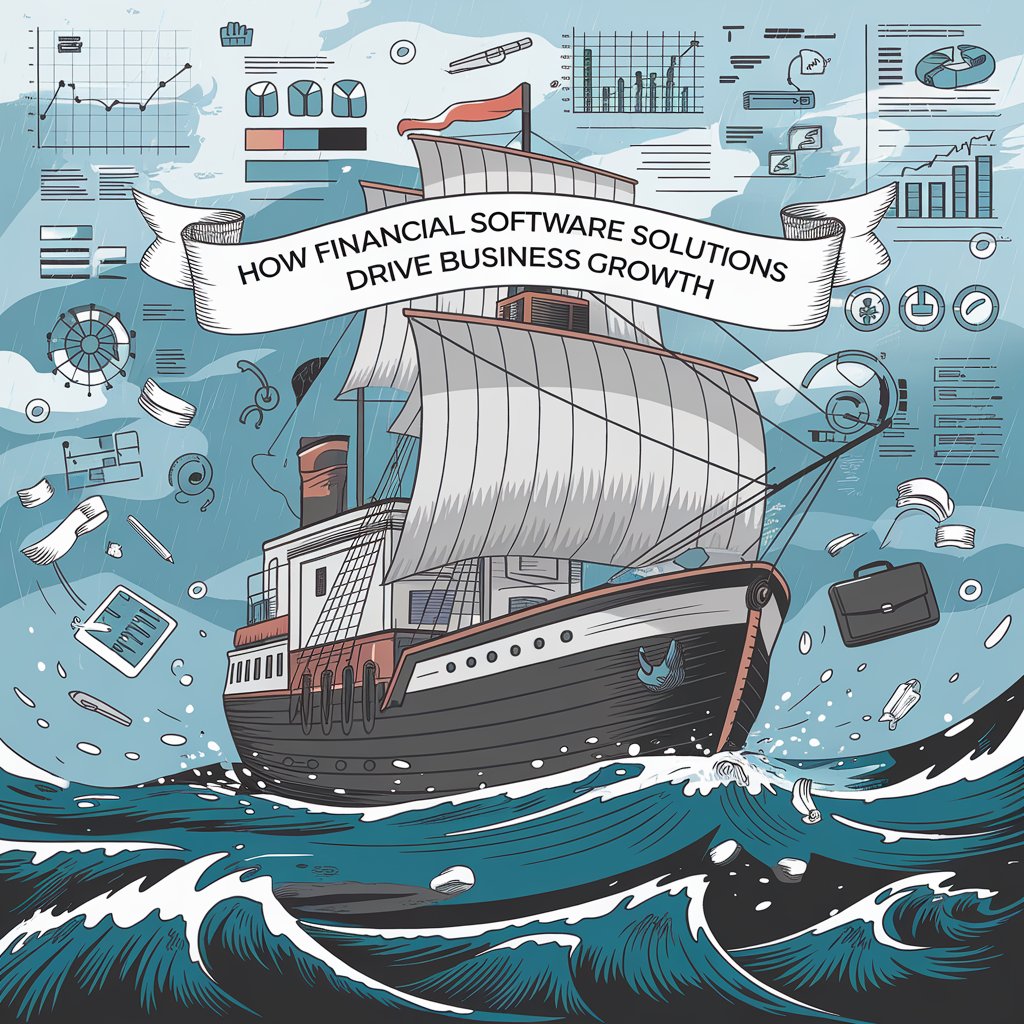For businesses nowadays, managing finances efficiently has become more crucial than ever. Whether it’s ensuring compliance, keeping track of day-to-day expenses, or planning for the future, they often need help staying financially sound. Overcoming it may sound challenging. So, how do companies go from struggling to manage their books to succeeding in financial health?
The answer lies in leveraging advanced financial software solutions. By offering real-time insights, automating tedious tasks, and ensuring accuracy, these help businesses focus on their core activities while driving sustainable growth. Let’s explore how they can be the game-changer for any company looking to go from struggle to success.
Unlock Real-Time Financial Insights
One significant benefit of using financial solutions is access to real-time economic data. These solutions help businesses identify bottlenecks and make data-driven decisions that drive growth. For example, seeing where the most money is spent can help management allocate resources more effectively. Quick access to accurate data also allows businesses to forecast future trends more accurately, keeping them one step ahead of their competition.
Improved Accuracy and Reduced Errors
Anyone who has ever manually handled business finances knows human error is almost inevitable. Even the most minor mistakes in financial records can lead to significant setbacks—incorrect tax filings, misallocated resources, or inaccurate financial reports. This is where financial audit software comes into play.
These tools help businesses streamline their financial auditing processes by automating the checks and balances needed to ensure everything is in order. By reducing human intervention, the software can prevent errors and save countless hours of manual correction. With built-in compliance features, companies are less likely to make costly mistakes or face penalties from regulatory bodies.
Automation Saves Time and Boosts Productivity
How many hours do your finance teams spend manually inputting data, checking spreadsheets, and preparing financial reports? Probably too many! Automation is one of the most significant advantages of using financial software solutions.
From generating invoices to managing payroll, automation handles routine tasks, freeing employees to focus on more strategic activities. This increased efficiency doesn’t just save time—it also ensures consistency and reduces the risk of errors. Businesses can boost their productivity by automating financial management, allowing employees to devote their time and energy to projects that help drive growth.
Enhanced Performance Management
Beyond streamlining daily operations, financial performance management is a critical aspect of business growth. Understanding how well a business performs financially allows decision-makers to develop strategies supporting short-term and long-term goals.
With performance management software, businesses can set and track KPIs, analyze trends, and compare financial performance across different departments or business units. This allows for a deeper understanding of what’s working and what isn’t and helps management make timely, strategic adjustments.
Foster Better Collaboration Across Teams
One often overlooked benefit of using financial software is improving collaboration. Most financial software offers cloud-based access, meaning team members from different departments can view and work on the same financial documents in real-time. This kind of accessibility eliminates silos, encouraging communication between finance teams, department heads, and upper management. It fosters a more cohesive work environment and ensures that financial goals remain consistent across the board.
Better Financial Forecasting and Planning
Effective financial planning is critical to growth. Whether you’re looking to scale, introduce new products, or enter new markets, having a firm grasp of your financial position is essential. Financial solutions often come equipped with powerful forecasting tools.
These tools allow businesses to simulate different scenarios, helping them predict cash flow, set budgets, and determine how various business decisions might impact their financial standing. Improved forecasting means fewer surprises, allowing businesses to adapt to challenges and capitalize on opportunities with confidence.
Nowadays, companies that need help with their financial management risk falling behind. However, by embracing financial software tools, businesses can unlock many benefits. These tools reduce errors, save time, and enable more strategic decision-making. Ultimately, they empower businesses to drive growth, streamline operations, and stay ahead.






